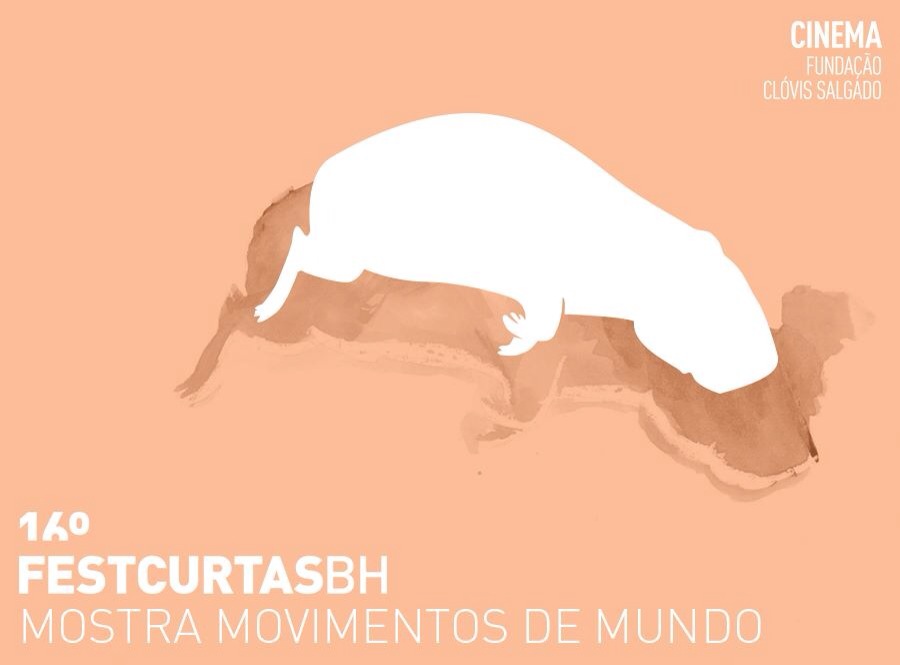We cannot ignore that Deha Vānī transpires the cinema of Apichatpong Weerasethakul. This film invites us to another kind of fruition, a flirtation with other arts, such as dance and the visual arts, identifying in cinema a possibility of crossing boundaries or, in the words of Ruy Gardnier regarding “Joe” – very pertinent here – an artistic project that “demands a certain savageness of signs, an opacity (sometimes only apparent) of the signifieds and a raw beauty of the signifier that no language already constituted that we are used to could handle ”. A man seeks to reconcile himself with his body through the “spirit of the lost voice” that haunts the woods. Doing so will require filling his entire body with sacred words and returning to the forest, so he can be free from matter and flirt with transcendence… His soul awaits him.
Through such diverse gazes, comes the invitation to the dance of the movements of a world that fragments into so many, in front of and beyond us all. »
Ursula Rösele
